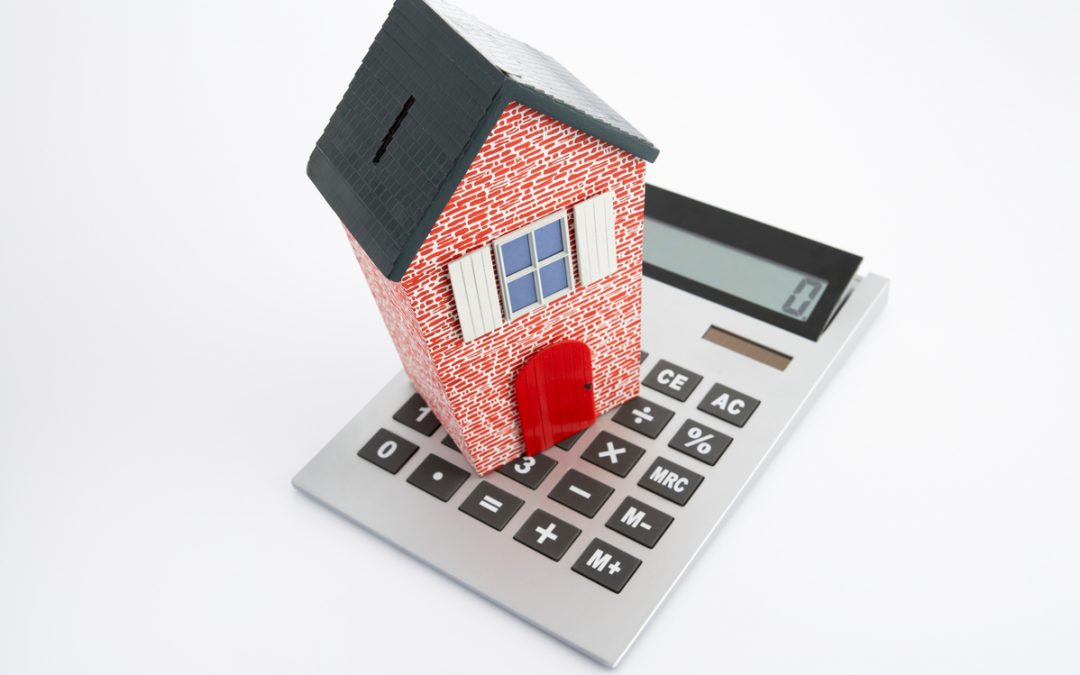Often, there is advice encouraging you to downsize for retirement. It’s a way to save money when you’re on a fixed income.
But will downsizing really save you money?
Before you decide to sell your house and downsize, compare how your expenses will be impacted. Some expenses you currently have may not change, whereas, other expenses may decrease. It really depends on the real estate market in your location.
When deciding whether or not to downsize, consider these four factors: regular home expenses, infrequent repairs/maintenance, impact on other expenses, and soft costs.
1. Regular Home Expenses
Start by listing your current regular expenses associated with your house. These are expenses you pay daily, weekly, monthly, quarterly, or yearly.
Here’s a list of regular expenses to help you begin:
Mortgage
Home insurance (be sure not to double count this expense if you escrow)
Property tax (be sure not to double count this expense if you escrow)
Home equity line
Homeowners Association fee and assessment
Home maintenance (cleaning, pest control, lawn care, HVAC annual maintenance, security, etc.)
Household supplies (paper products, cleaning supplies, etc.)
Utilities (electric, gas, water, trash, internet, phone, cable, etc.)
Next, estimate these expenses for a smaller house. The amount of money you spend on household supplies and utilities may not change unless you are significantly reducing your square footage.
If you intend to relocate to a different city, you may be surprised to find your expenses increase even though your new house has less square footage. For example, if you are moving from a suburban area to an urban area, it may be more expensive to live in-town.
With this information, you can now compare the annual cost for your existing house with a smaller house.
2. Infrequent Repairs and Maintenance
The next set of expenses to evaluate is the cost of major repairs and maintenance. These items tend to be expensive but are required less frequently.
For example, it includes replacing existing items such as your roof, water heater, windows, appliances, etc.
It also includes expensive and infrequent maintenance items such as exterior painting/pressure washing, septic tank maintenance, etc.
Estimate the cost for these infrequent repairs and maintenance for your current house and for a smaller house. If the downsized house is new construction, you may have minimal expenses for major repairs and maintenance.
3. Impact On Other Expenses
With downsizing, other expenses may be impacted. For example, if you move to an urban area, your car fuel and maintenance expenses may be reduced because you’re walking more instead of driving. However, you may need to pay for parking or your car insurance may be higher with an urban location.
Another example is with your spending on food. In an urban location, you may spend more money dining out at nearby restaurants rather than eating at home.
In this assessment, be realistic about your lifestyle expenses. A new location may cause other expenses to change.
4. Soft Costs
Another consideration is what I call “soft costs.” There’s no monetary value for these costs but it impacts you emotionally.
When moving to a smaller house, you may need to part with some furniture. Making decisions on what to discard may be difficult if you own sentimental pieces.
A smaller house may mean moving to a townhome or condominium. Adjusting to shared walls or even less distance between you and your neighbors may be difficult.
On the flip side, if you plan to travel more in retirement, you may welcome not having to worry about home maintenance and repairs.
While there’s no value to assign these soft costs, do consider them when assessing if downsizing makes sense for your finances.
Deciding whether or not to downsize in retirement depends on many factors. Compare regular housing expenses and infrequent expenses for major repairs and maintenance. Also, take into consideration the impact on other lifestyle expenses and your emotions (the soft cost). Remember a house is a house, but a home is what you make it.
ABOUT THE AUTHOR:
 Niv Persaud, CFP®, CDFA™, RICP®, CRPC®, is the Founder of Transition Planning & Guidance, LLC. Life is more than money. It’s about living the lifestyle you want and can afford. For that reason, Niv consults with clients on money, life, and work. Her approach capitalizes on techniques she learned throughout her career, including as a management consultant, executive recruiter, and financial advisor. Her services include developing spending plans, comprehensive financial plans, divorce financial reviews, retirement plans. Niv actively gives back to her community through her volunteer efforts. She believes in living life to the fullest by cherishing friendships, enjoying the beauty of nature and laughing often — even at herself. Her favorite quote is by Erma Bombeck, “When I stand before God at the end of my life, I would hope that I would not have a single bit of talent left and could say ‘I used everything you gave me.’”
Niv Persaud, CFP®, CDFA™, RICP®, CRPC®, is the Founder of Transition Planning & Guidance, LLC. Life is more than money. It’s about living the lifestyle you want and can afford. For that reason, Niv consults with clients on money, life, and work. Her approach capitalizes on techniques she learned throughout her career, including as a management consultant, executive recruiter, and financial advisor. Her services include developing spending plans, comprehensive financial plans, divorce financial reviews, retirement plans. Niv actively gives back to her community through her volunteer efforts. She believes in living life to the fullest by cherishing friendships, enjoying the beauty of nature and laughing often — even at herself. Her favorite quote is by Erma Bombeck, “When I stand before God at the end of my life, I would hope that I would not have a single bit of talent left and could say ‘I used everything you gave me.’”
More “Personal Finance” Posts:

